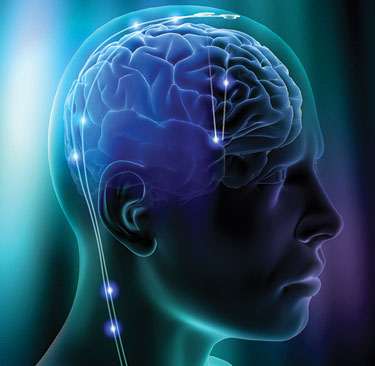
1. Brain Stimulation Technique Boosts Language Ability in Alzheimer’s Patients – Repetitive transcranial magnetic stimulation of the brain boosts the language ability of patients with Alzheimer’s disease suggests preliminary research published online in the Journal of Neurology, Neurosurgery and Psychiatry. Repetitive transcranial magnetic stimulation (rTMS) is a non-invasive technique that involves the delivery of a rapid succession of magnetic pulses in frequencies of up to 100 Hz. Source: PhysOrg.com

2. Computers Make Strides in Speech Recognition – A host of companies — AT&T, Microsoft, Google and startups — are investing in services that hint at the concept of machines that can act on spoken commands. They go well beyond voice-enabled Internet search. Later this summer, a new model of the Ford Edge will recognize complete addresses, including city and state spoken in a single phrase, and respond by offering turn-by-turn directions. Certain emotions are now routinely detected at many call centers, by recognizing specific words or phrases, or by detecting other attributes in conversations. Voicesense, an Israeli developer of speech analysis software, has algorithms that measure a dozen indicators, including breathing, conversation pace and tone, to warn agents and supervisors that callers have become upset or volatile. Source: NYTimes
